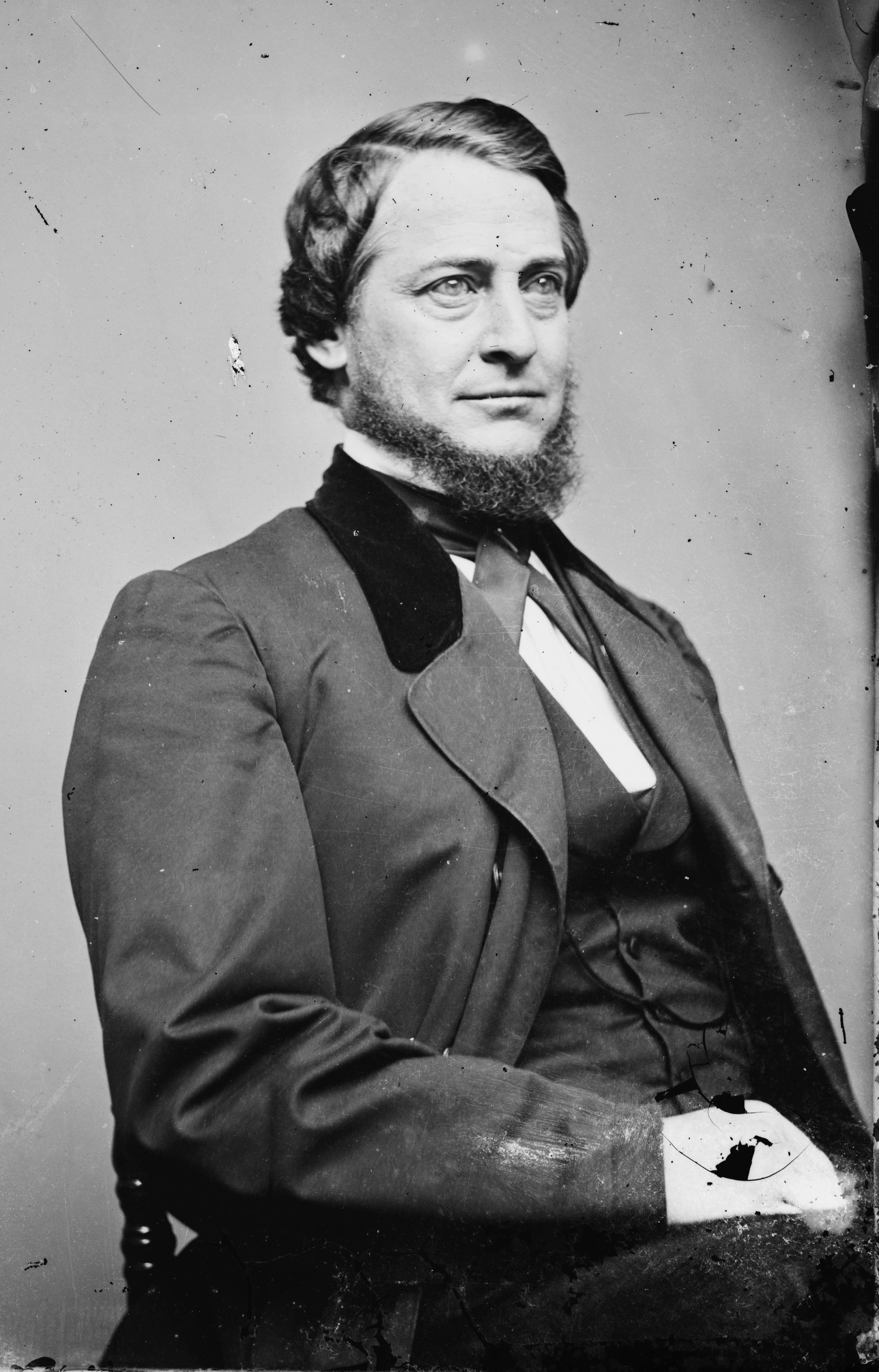Part of the Cool Civil War Names series.
There’s so much Civil War in this guy it makes me want to cry. “Old Jube” (as Robert E. Lee would later come to call him) and his brawny beard fought early and often in the war between the states, but for reasons you wouldn’t suspect from an eventual Southern fire-breather. But before all that silly war stuff, Early graduated from West Point in 1837 ranked eighteenth (like his Union counterpart Rufus Saxton) in his class of fifty. After a brief stint in an artillery regiment, Early took up law for a while before returning to the military for the Mexican War.
But when the war drums started beating in his home state of Virginia, Early was an unlikely opponent of secession; that is until Lincoln called for 75,000 volunteers to fight the South—that pissed him off mightily. Soon Brigadier General Early was on a greatest hits tour of all the key battles: Bull Run, Antietam, Fredericksburg, Chancellorsville, Gettysburg. He even spearheaded a Lee-ordered run on Washington D.C., which was eventually swatted back by General Grant’s reinforcements. The rest of the war was downhill for Early: defeated by Sheridan, he fled to Mexico and then to Canada, where he wrote his “Lost Cause” tinged memoirs about the “war of independence.”
Lucky for Early, upon his arrival back in the States the Southern-sympathizing President Johnson issued him a pardon, which allowed him to resume his law career.
Up next on CCWN, the glory-bound GOUVERNEUR KEMBLE WARREN.
